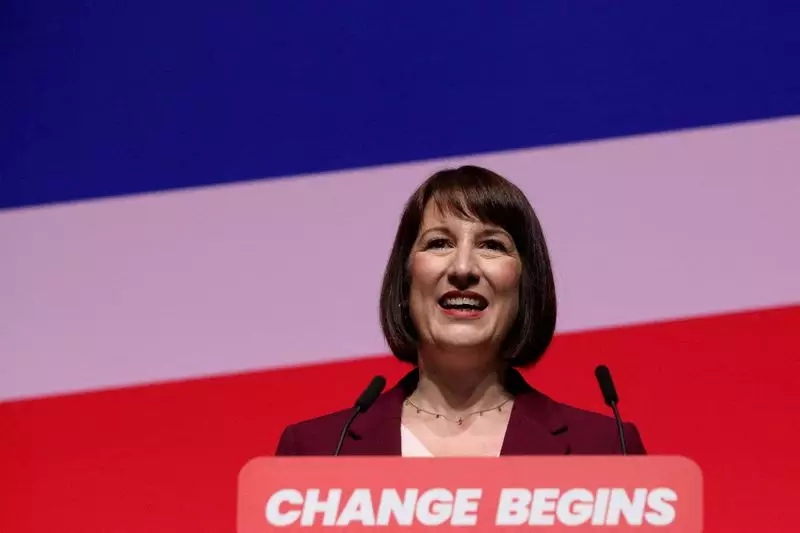In a bold statement reflecting her commitment to revitalizing the British economy, Finance Minister Rachel Reeves has positioned her upcoming budget as a pivotal moment for the UK. As she prepares to engage with international leaders during the International Monetary Fund (IMF) and World Bank annual meetings in Washington, Reeves’ agenda is clear: to outline a strategic approach that will stimulate investment and recovery as the UK emerges from a period of austerity and economic uncertainty. This marks the Labour Party’s first budget submission after a 14-year hiatus from power, presenting a unique opportunity to establish new fiscal paradigms.
Taking charge in a challenging economic landscape, Reeves’ budget aims to bridge a significant financial gap inherited from the previous government. Reports indicate that she is seeking to raise approximately £40 billion ($52 billion) by employing a mix of tax increases and targeted reductions in public expenditure. This effort is inherently tied to enhancing public services that have suffered over the years due to budgetary constraints. The necessity for fiscal reform is underscored by the pressing need to mend the damage wrought by previous administrations, establishing a stable foundation for future economic prosperity.
A key facet of Reeves’ proposed strategy includes a reevaluation of the fiscal rules that govern government borrowing. This is not merely an academic exercise but a relevant adjustment aimed at addressing the constraints that have historically limited public investment. By potentially adjusting the parameters that define public debt, Reeves may open doors to greater financial flexibility – allowing for increased borrowing based on a broader interpretation of public assets. Such changes could lay the groundwork for an additional £50 billion in potential investment funding, invigorating public sector initiatives that are paramount for long-term growth.
Recognizing the interconnectedness of global economies, Reeves is keenly aware of the UK’s role in addressing international challenges. The commitment to lend Ukraine $3 billion as part of a broader agreement forged by the Group of Seven nations demonstrates her dedication to being a proactive leader in global affairs. Reeves’ participation in the IMF meetings will extend beyond domestic finances; she is set to advocate for expanding development financing to poorer nations, thereby aligning with the United Nations’ sustainable development goals.
Recent upgrades from the IMF projecting UK growth at 1.1% in 2024 highlight the cautious optimism surrounding the country’s economic outlook. Although these projections remain conservative by historical standards, they do signal a potential upswing, particularly if Reeves’ policies can catalyze a ripple effect of investment and growth. Recognizing the pressing need for fiscal responsibility, the IMF has also cautioned the UK against the perilous trend of escalating public debt—an admonition that serves as a backdrop for Reeves’ anticipated reforms.
Hope for Future Sustainability
As the UK grapples with both internal and external economic pressures, Rebecca’s ambitious blueprint aims to forge a path toward financial sustainability. By focusing on public and private sector collaboration, Reeves hopes to not only address immediate fiscal challenges but to also cultivate an environment conducive to enduring economic health. Her commitment to showcasing British interests on the world stage during these crucial IMF discussions emphasizes the importance of transparent governance in economic recovery.
Rachel Reeves stands at a critical juncture for the UK’s economic narrative. With her determined vision for the upcoming budget, she embodies a pragmatic yet ambitious approach to healing the nation’s finances. By taking bold steps to reassess fiscal guidelines, secure necessary resources, and enhance public service funding, Reeves aims to set a transformative precedent. As the global economic landscape evolves, the success of her proposals will be paramount in determining the UK’s role and resilience in future international economic developments. The inherent challenges are vast, but the potential for progress under her leadership is equally significant.

